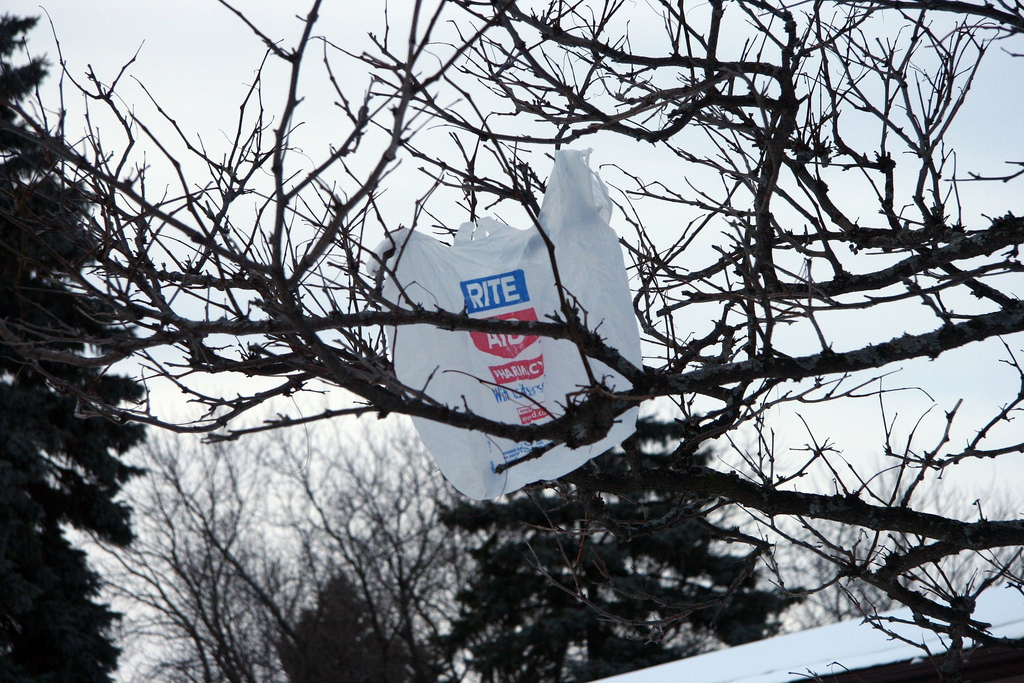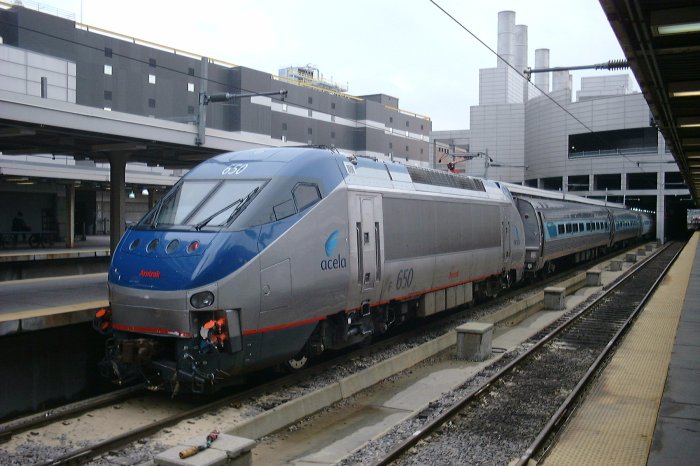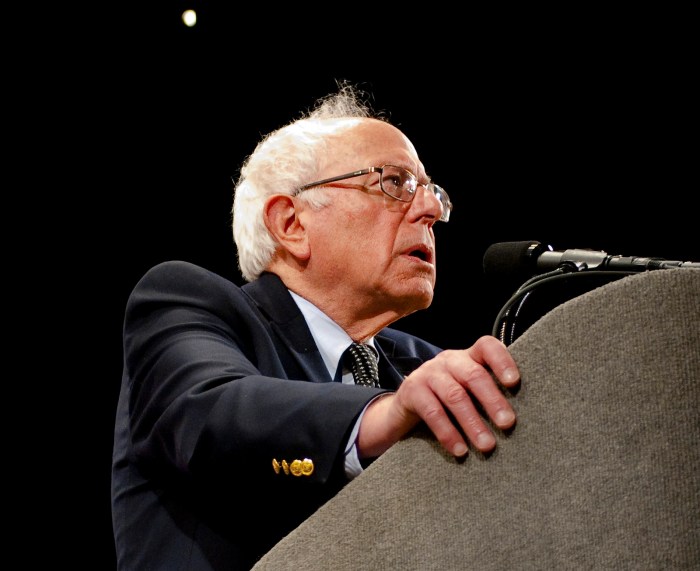Boston is one step closer to its own plastic bag ban.
On Wednesday, City Councilor Matt O’Malley and Council President Michelle Wu introduced an ordinance to eliminate the flimsy, unrecyclable plastic bags and impose a 5-cent fee per bag for the reusable, recyclable or compostable variety. More than 40 Massachusetts cities and towns now have some kind of plastic bag legislation on the books or in process, along with many cities across the country. In 2014, California enacted the first statewide plastic bag legislation in the U.S. Varying measures have been adopted in cities throughout the country since then. Some of the laws only add fees to the bags, other combine those fees with prohibitions on single-use bags. A few of the measures focus on implementing more effective recycling programs, including in-store return options. In Boston, O’Malley said the need is great. Roughly 20 tons of plastic bags are removed from residential trash, he said, citing information from the city’s recycling provider, Casella. Although some residents may believe plastic bags are recyclable, most of them are not. “It takes hours upon hours of folks removing them from the [recycling] equipment,” O’Malley said. “So I would argue that not having an ordinance in place is not financially responsible to taxpayers’ money.” More importantly, he said, the bill would benefit the environment. Many of the single-use, flimsy bags get caught in storm drains, trees and generally litter the city streets, he said.
If put into effect, the ordinance would not eliminate plastic bags entirely. It will allow for plastic bags that are three millimeters or thicker, which O’Malley said is similar a “bookstore bag,” and more likely to be reused than the thinner bags that tear easily. Compostable plastic bags would also be allowed. “I think we were able to really put together a robust and effective bill that not only will address the environmental impact single-use plastic bags have, but also provide consumers with that option while encouraging them to use a reusable bag,” he said. Those other plastic bag options will come with a 5-cent fee, however.
That is what concerns Bill Rennie, vice president of the Retailers Association of Massachusetts. The group has previously opposed a statewide plastic bag ban or any fee imposed on bags, and has similar reservations about the Boston bill. “The idea of charging a customer 5 cents for a bag that today you’re giving them for free is a concern for a lot of our members,” he said. “Our customers will certainly view that as a tax and it may not be well received.” O’Malley has been leading a Plastic Bag Ordinance Task Force since August, and has held multiple public meetings on the issue and offered online surveys to gauge reaction.
He said he has also heard concerns that a bag ban or fee-based law would encourage consumers to avoid local businesses and instead turn to online shopping. He believes those concerns are unfounded. “I seldom think someone is going to pay for $5 to $15 shipping-and-handling fees to get out of a 5-cent bag fee,” O’Malley said. “Studies have shown conclusively throughout the country … that there haven’t been declines in small business usage because of fees or ban.” Another issue among retailers is the cost of coming into compliance, or of failing to meet the requirements of the law.
“We hear [from members who have] a lot of questions about how do we come into compliance, where can we get compliant bags … paper comes at a much greater cost per bag,” Rennie said. “The costs to the small retailers in particular are a problem.” The retailers association encompasses businesses from grocery stores and independent grocers, restaurants, pharmacies and discount stores. Because its members are so varied, the organization worries about a “one-size-fits-all” bill, Rennie said. Any business in violation of the law would have to pay a $50 fine for the first offense, and $100 fine for the second and subsequent offenses. The bill also encourages but does not require local businesses to give customers a 5-cent refund when they bring their own reusable bag. “I think that there’s more support for this [in Boston now] because so many other cities have done it well,” O’Malley said. “I’m an optimist by nature so rather than dwelling on the fact that we haven’t had a bag ordinance yet, I think it’s better to reflect on the fact that we can study successful strategies and implementations of bag ordinances that have been on the books.” O’Malley said he took inspiration from similar laws already implemented in places like Cambridge and across the country in Seattle, to better inform Boston’s version. He would like to see another public hearing on the Boston ordinance as it moves forward. “This is a worthwhile and important piece of legislation,” he said. It will address “environmental concerns, allow protections of small businesses and all businesses, incentivize individuals to bring reusable bags and also provide an option if they don’t.” The bill may get another public airing before an eventual committee hearing and a possible vote. The full Council would then have to approve the measure.
Boston plastic bag ban bill moves forward
















